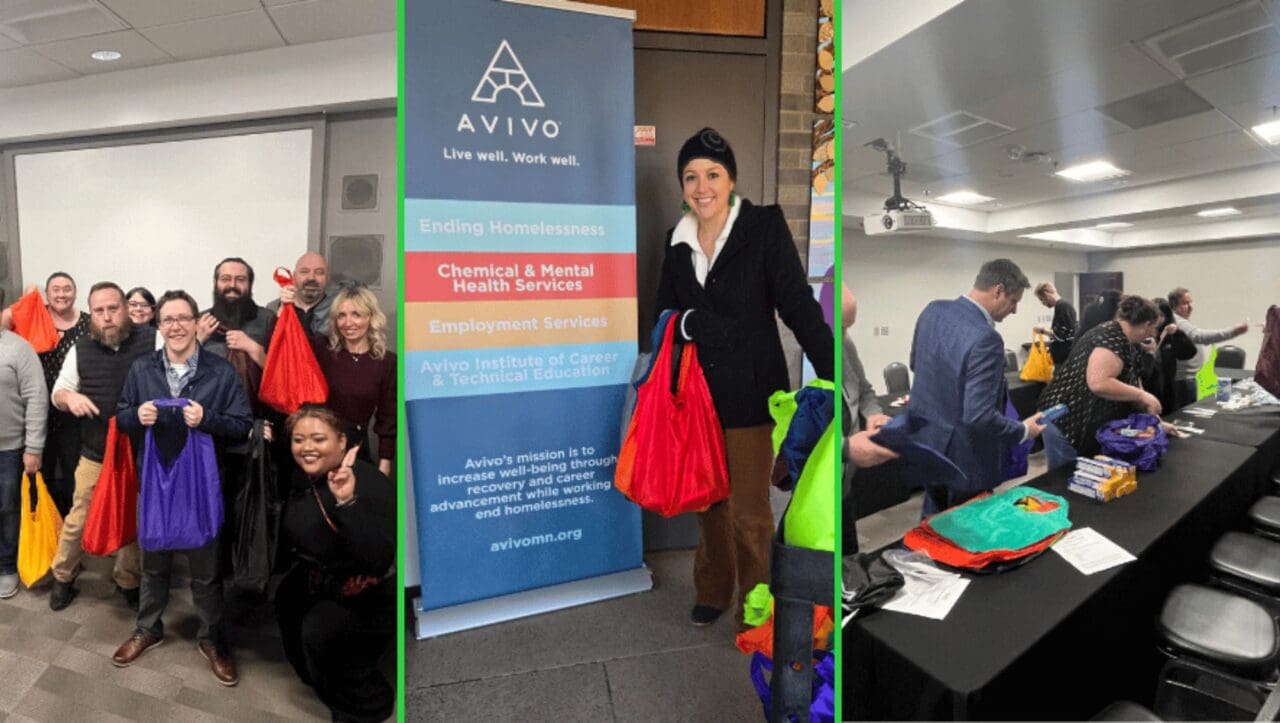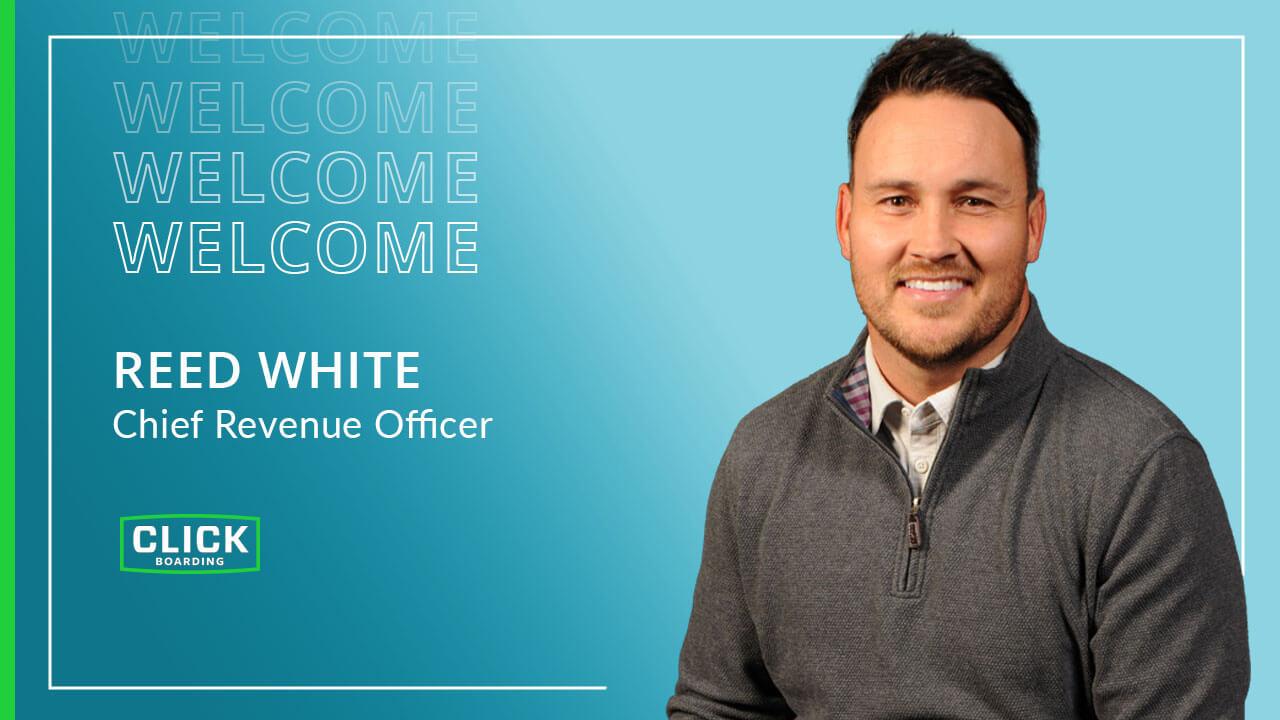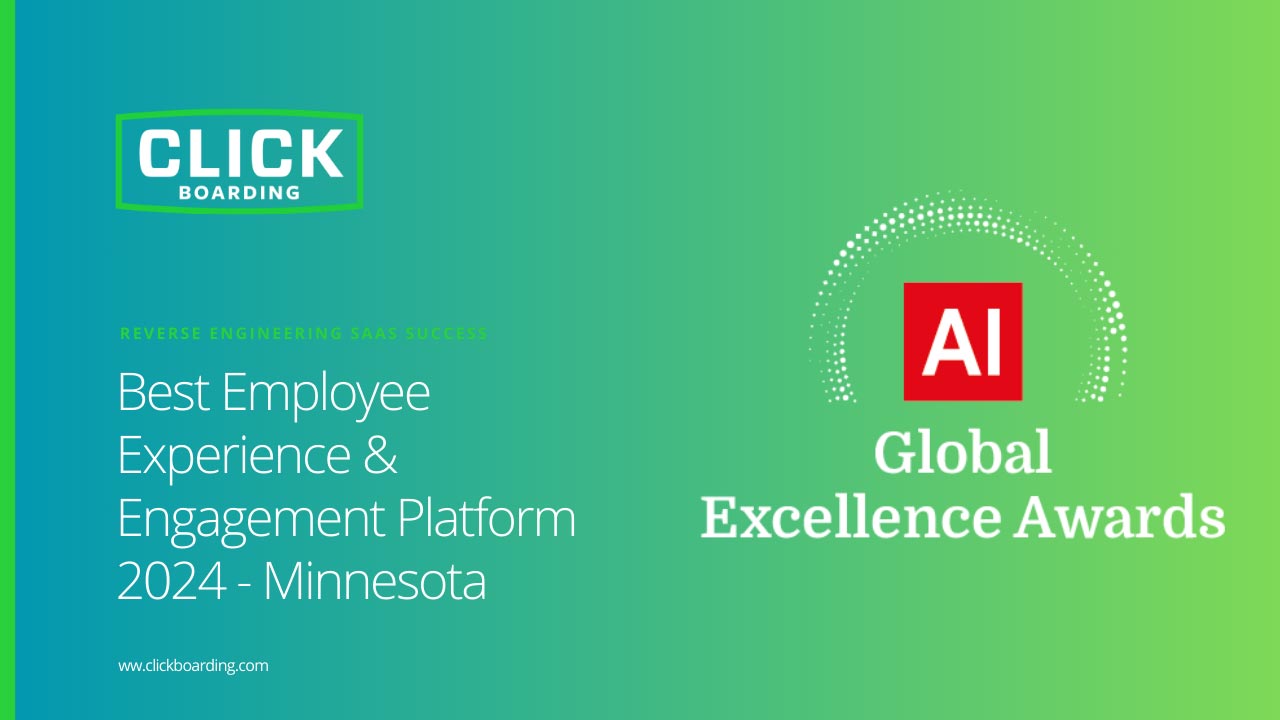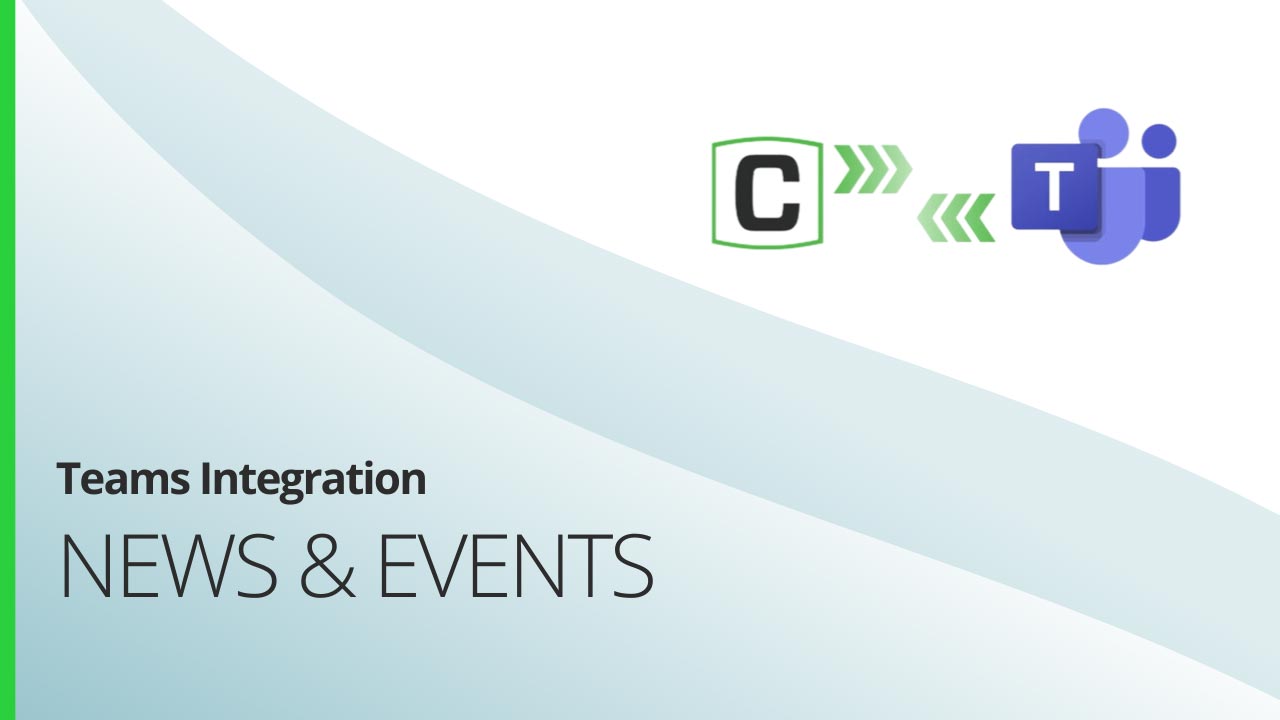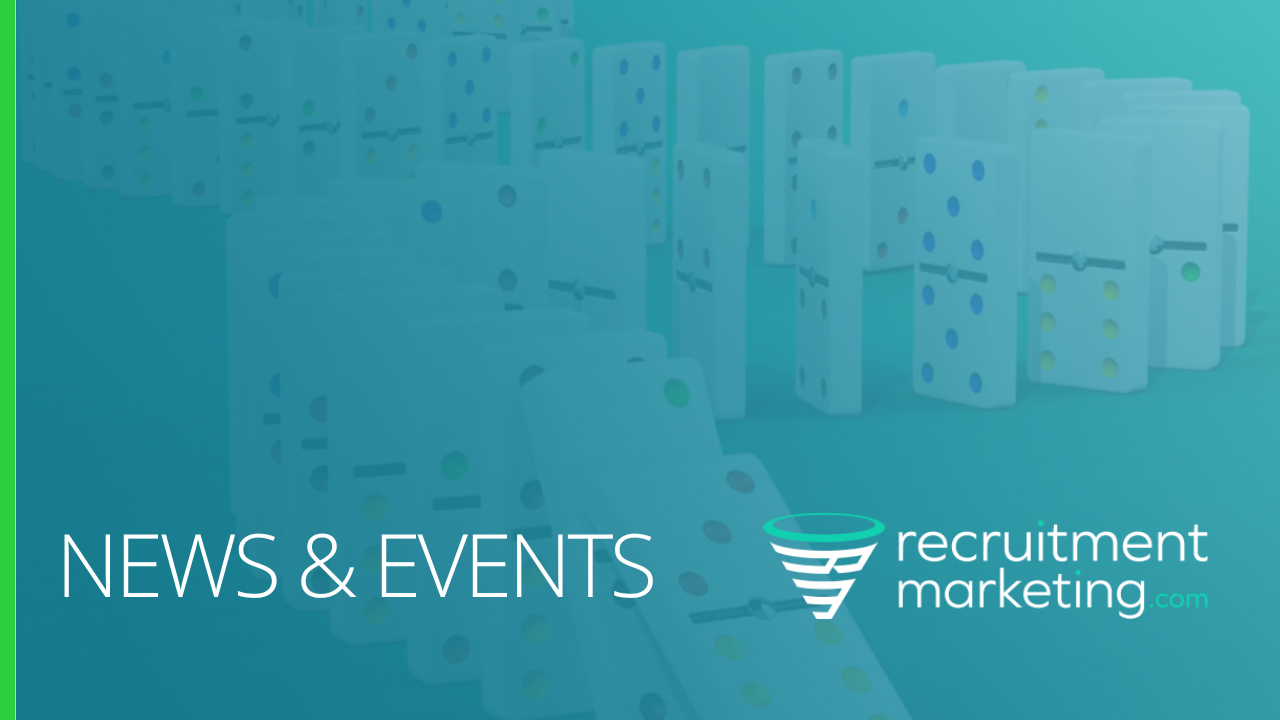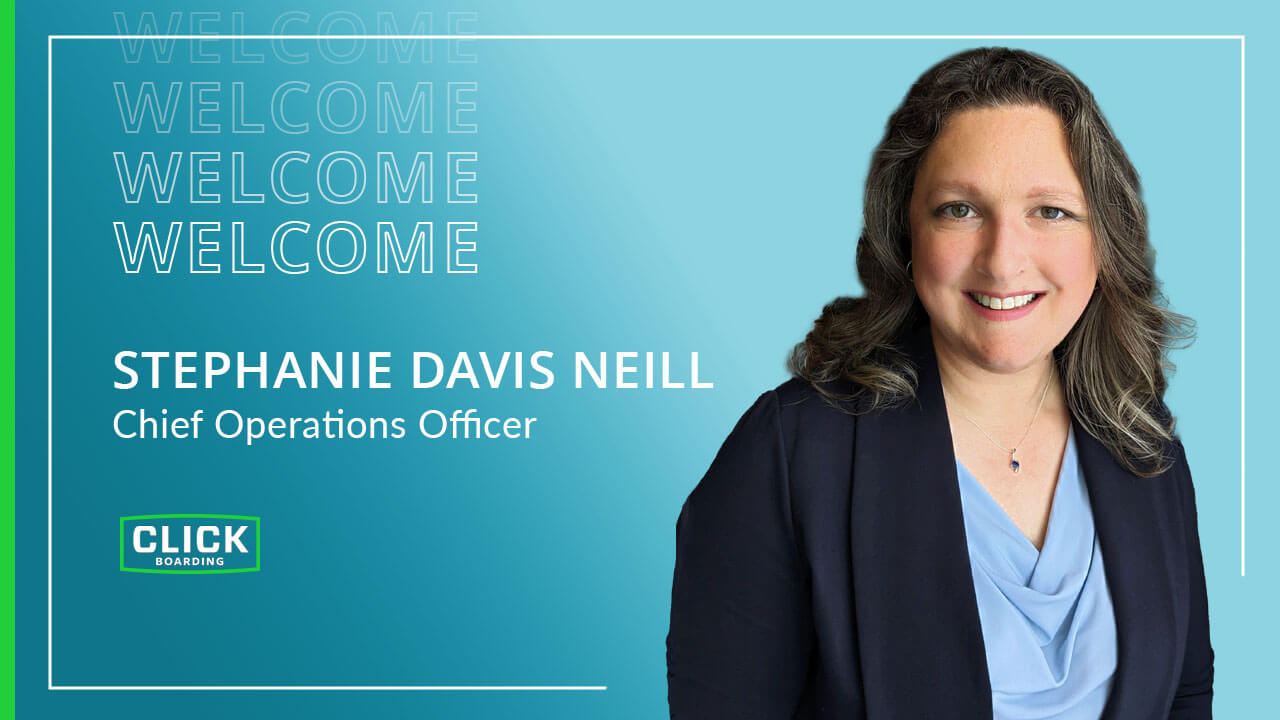DEIB in Today’s Workforce
In July of 2022, a few of Click Boarding’s team members collaborated to write the piece below. The article was written and shared to kick off our company-wide initiative, starting by stressing the importance and definition of DEIB.
An Overview from Click Boarding
The workforce dynamic has changed for good, and – more importantly – it continues to change. As a new generation enters the workforce, technology continues to transform our lives, and the state of societal values redefines what it means to work as well as HOW we work. After a multi-year pandemic, expectations from the workforce of their employer have changed; as well as employers re-evaluating their espoused values vs enacted values. The COVID-19 pandemic highlighted the need for organizations to adapt. Economic concerns have led employees to re-evaluate priorities and values. And finally, immense societal and cultural crises have awoken an ethical movement. We use the word “finally” intentionally here. Finally, the organized and collective human efforts following political and racial unrest have started to take hold across corporations. The concept of DEIB is not new, however, there has been a resurgence of support in organizations around these long-standing initiatives. The support is no longer just heritage month programming, generic email messaging from leadership, or mentioning Diversity on the company website; it has emerged as intentional and strategic diversity plans that aim to address the overall well-being of the workforce. As we continue to raise awareness around Diversity, Equity, Inclusion and Belonging (DEIB) it’s important to clearly define, in layperson terms, what these words actually mean in practice.
- Diversity: Diversity is more than race and sex, there are many social differences that drive diversity. Think ethnicity, sexual orientation, class, religion, or gender identity, veteran status, neurodivergence, to name a few. Individuals join organizations because of their unique experiences and backgrounds and expect to be supported in that uniqueness and work in an environment that fosters contributions from diverse perspectives.
- Equity: Equity isn’t necessarily about pay, but rather opportunity. It speaks to an equal chance at success. To access development, to have a choice, to see the opportunity to advance. It’s important to look at equity in the lens of fairness, not equality, as we’re all starting from a different level with different barriers. Equity is about creating fair access, opportunity, and advancement for all people.
- Inclusion: Inclusion connects the dots between a diversity strategy and providing an environment for which people feel welcome, valued and supported. They have a true voice at work and an opportunity to achieve their desired outcomes. In order to ensure representation and provide an inclusive environment that would help all members of society thrive, corporations must look at society to begin hiring qualified individuals that reflect the communities they serve.
- Belonging: Belonging takes us to a new level of understanding that fosters an innate feeling of connection. One that doesn’t present any barriers for employees bringing their entire, unique and authentic selves to work. Belonging provides psychological safety to discuss difficult topics that impact each person.
At Click Boarding, we’ve begun the work to prioritize DEIB, and have committed to implementing meaningful and tangible change. Along our journey, we’ve been inspired by a few clients who have publicly committed to DEIB initiatives. They have done so through tangible actions such as the filling of leadership positions and preferred partners to internal awareness groups and monetary investments. We’ve included a few examples below for inspiration:
- A global transport and logistics organization aims to double the female representation in Top Leadership from base year 2021 with 16 female top leaders to 32 by 2030.
- An American health and well-being company just announced the investment of $100 Million to Further Advance a Diverse Health Workforce to address disparities in race, gender, sexuality, age, location and income.
- A multinational aerospace and defense conglomerate has officially recognized a group for LGBTQIA+ employees, and they intentionally seek out certified LGBTQIA+-owned businesses in their supplier diversity program.
So how do you embark on your own DEIB journey? Our recommendation is to be open and authentic. In this case, it is as simple as that. Be honest with where you’re at and make a concerted effort to be better.
- Start by making sure your values are enacted and not a paragraph on your website
- Encourage participation in Employee Resource Groups (ERG) to boost employee engagement
- Offer Leadership Mentoring Programs
At the end of the day, our goal is to continue to hire individuals because of their experiences, skills and potential to learn and grow. They have a unique background that brought them to this point. It’s your responsibility – and privilege – to support them fully. To ensure they have ample and accessible opportunities without boundaries, barriers or bias.
It’s time to put in the work. And we hope you’ll join us.






